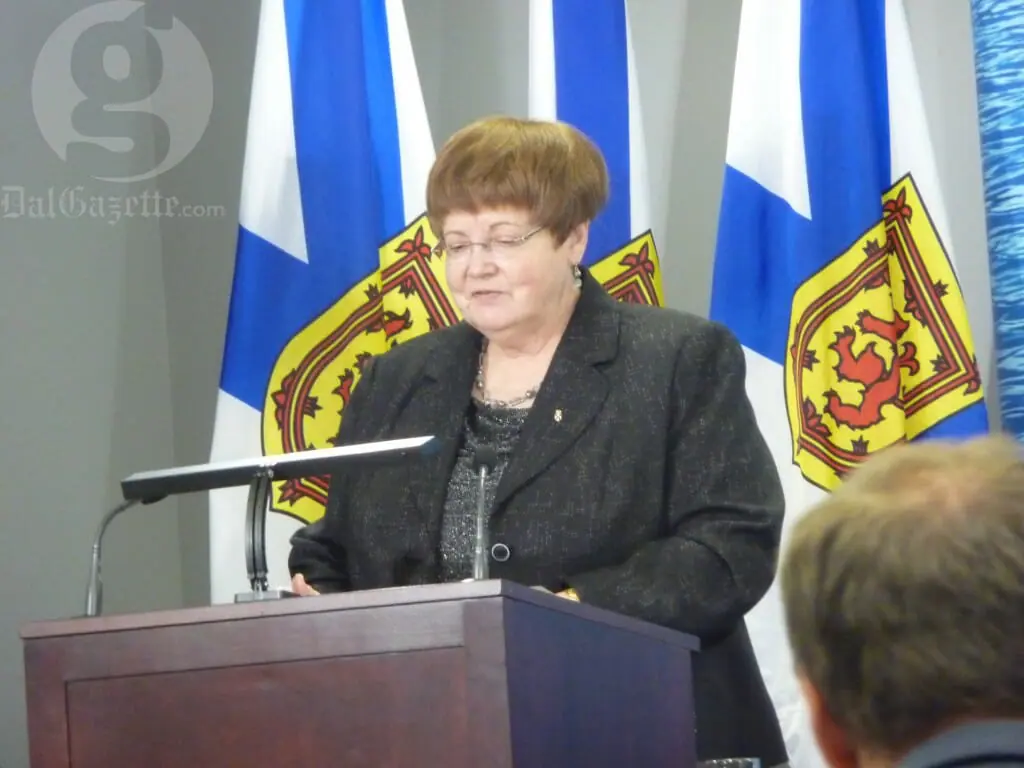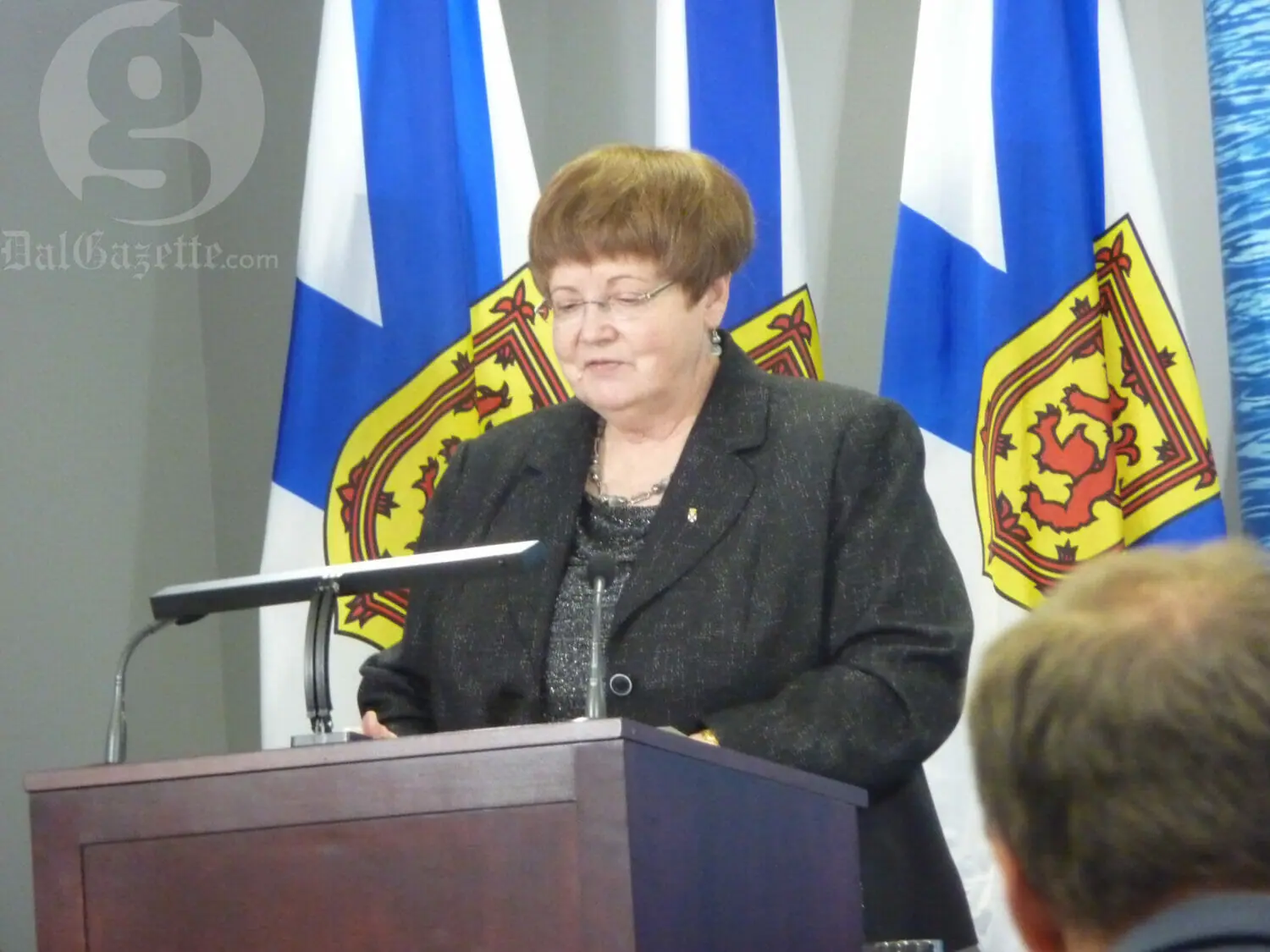
New MOU signed spells out tuition hikes
The province of Nova Scotia and Nova Scotia universities signed a new memorandum of understanding (MOU) today that is leaving much to be desired for students.
The government of Nova Scotia announced it will allow tuition for Canadian students to increase by three per cent per year for the next three years. This limit will not apply to medicine, dentistry or law faculties, or international students. Over the next year, the possibility of lifting the cap for domestic out-of-province students in 2013/14 will be examined as well.
Operating grants to universities will also be cut by three per cent for 2012/13. Last year the operating grant was cut by four per cent. The Council of University Presidents estimates that by the end of 2013, universities will be expected to have absorbed $75 million over the three years of the MOU.
To replace the cuts, the government will be pumping $25 million into a University Excellence and Innovation program that will require programs to bring out their competitive edge to receive the funds. The strategic objective of the fund is to reduce the total annual cost structure of the university system by $25 million. At this time the government is not accepting project proposals for the funds.
The MOU also hopes to establish a sustainable, system-wide cost structure that takes into account the fiscal capacities of the province. In the MOU announcement, Marilyn More, Minister of Labour and Advanced Education, said that the current funding formula is “outdated.”
The MOU was signed by More and the Council of Nova Scotia University Presidents. It took effect Jan. 1, 2012 and will expire March 31, 2015.
“You can’t cut your way to quality,” says Peter Halpin, executive director of the Council of Nova Scotia University Presidents. “The universities have to absorb all of their inflationary costs, the operating cost and ever increasing salaries. Something has to give somewhere and we are deeply concerned that it is going to be on the quality front.”
According to the Canadian Federation of Students, tuition fees in Nova Scotia are currently $5,731. That’s $365 dollars more than the national average.
The MOU also outlined the role of a newly established partnership between all university presidents and up to five deputy ministers. Halpin says one of the first things to be discussed will be student tuition policy and whether the three per cent increase will last for more than one year.
In regards to the $25 million Excellence and Innovation Program, Halpin says it is an opportunity for a greater university partnership. However, he isn’t sure just how much more collaboration could be expected from already stressed university presidents. He says the fund will in no way cushion the full blow of the MOU.
Mark Coffin, executive director of the Alliance of Nova Scotia Student Associations, representing about 35,000 students, says this MOU is extremely different from its 2008 predecessor. The last MOU, which provided a tuition fee freeze, expired in 2011. “This MOU does not guarantee university stable operating funding,” he says. “We are also learning that if there is another three per cent operating cut coming to universities in the future years that we wont have any idea about it until up to four months before they have to set their budget.”
“For international students, dentistry students, medicine students and law students, they are going to see more unregulated increases on top of the tens of thousands of dollars they already pay.”
Coffin says students can expect larger class sizes, fewer classes taught by full-time faculty and declines in the services the university can provide on top of the burden of increased tuition.
He says the “neediest students” will be the hardest hit. In Nova Scotia there are about 2,200 students who have $3,000 in unmet need. “’Unmet need’ means they cannot pay the cost of groceries, tuition, rent, books and living. There has been no indication that student loans or grants provided by the government will be directed to the high need students.”
“We know these reductions may be challenging for the institutions,” says More, “but we believe they are necessary to make our university sustainable and affordable.”
| * Government Release |
| * ANSSA Report on the MOU |
| * CFS News Release on the MOU |
| * 2011 CFS Report on the state of education in Canada |
| * Reaction from the Council of Nova Scotia University Presidents |


Recent Comments